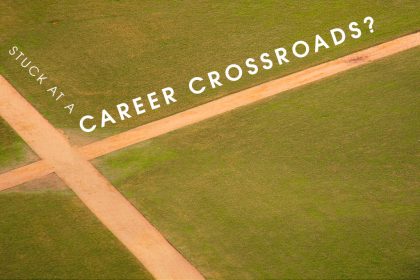The six biggest AI mistakes job candidates are making on their CVs
Are you using AI to help you write your CV? Discover the six biggest mistakes candidates are making that could be losing them jobs.
With most graduate job applications closing between November and December, recruitment experts at Armstrong Appointments share the lesser-known problems job applicants are creating for themselves by using AI, potentially causing missed opportunities for themselves.
Employers are receiving giveaway copy and paste applications
A survey recently revealed that 61% of Gen Z workers can’t imagine completing work tasks without AI, but this over-reliance can lead to generic applications that fail to showcase their unique experiences and achievements.
These tools generate content based on patterns and existing information, which can result in resumes that share similar language and structure.
When applications come in with similar language or bland phrasing, it raises concerns about the authenticity of the candidate’s experience. Personal stories and unique achievements are important to differentiate yourself in a crowded job market.
AI CVs lack the personal touch
Many employers have reported receiving identical cover letters and answers, making it difficult for candidates to stand out. For example, one employer received 100 identical responses about a product launch that was not even recent, which raised concerns about authenticity.
Although 45% of job seekers have used AI to improve their resumes, over half of hiring managers out of 625 view AI-generated resumes as a red flag, suggesting a lack of genuine content and portraying the candidate as untrustworthy.
AI can sometimes make mistakes and generate exaggerated or false details, which can create problems during the hiring process and hurt your chances of getting the job.
While AI tools can be a useful tool for job seekers, relying too heavily on it can compromise the quality of applications. Many candidates are producing CVs and cover letters that lack personal touch and specificity, which are key in making a strong impression.
Using AI can help identify relevant keywords for job applications, but it should supplement, not replace, the candidate’s own insights and experiences. A successful application should highlight both technical skills and personal achievements.
The six biggest AI mistakes candidates are making
To help you avoid common errors – and potentially lose the job you want before you even get to the interview stage – here are the six biggest AI mistakes candidates are making:
- Many applicants depend too heavily on AI to generate resumes and cover letters, leading to generic content
- Applicants often submit similar or identical responses to job application questions, which can raise concerns about authenticity
- AI-generated resumes frequently use vague language and buzzwords instead of detailing specific achievements and experiences
- Applicants may forget to verify the accuracy of AI-generated information, resulting in exaggerated or fabricated claims
- Many job seekers overlook the need to carefully review AI-generated content, leading to errors and inconsistencies that can hurt their credibility
- Applicants often forget to include specific numbers or metrics that demonstrate their successes, which can make their accomplishments less compelling to employers
Read these CV writing tips
If you need help drafting a CV that isn’t written by AI, here are some articles to read:
- Seven steps to writing a CV that will land you the job
- What should you include in your CV?
- How to write a CV for a 40-year-old mom
- How to explain a career gap in your CV
Armstrong Appointments is a recruitment agency established in 2003, specialising in executive and specialist skill appointments, as well as headhunting services across various sectors.










